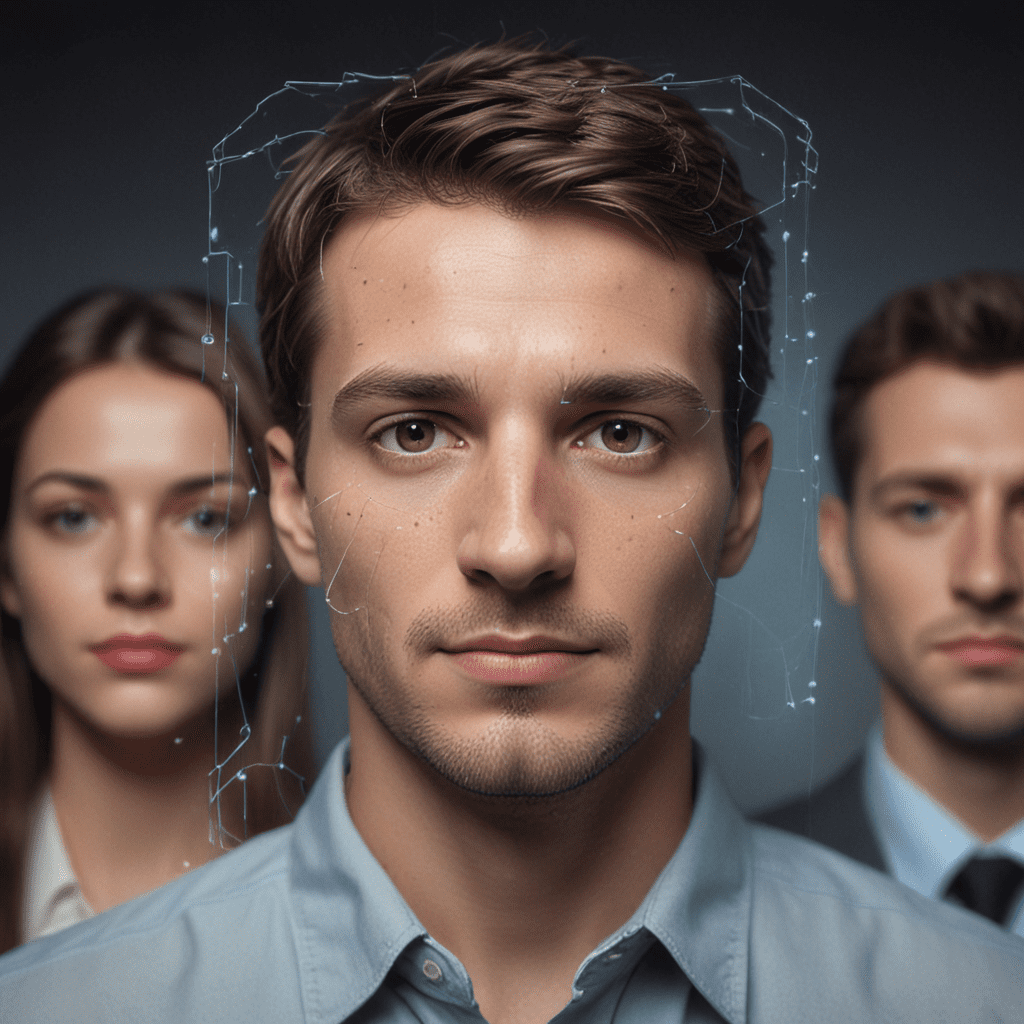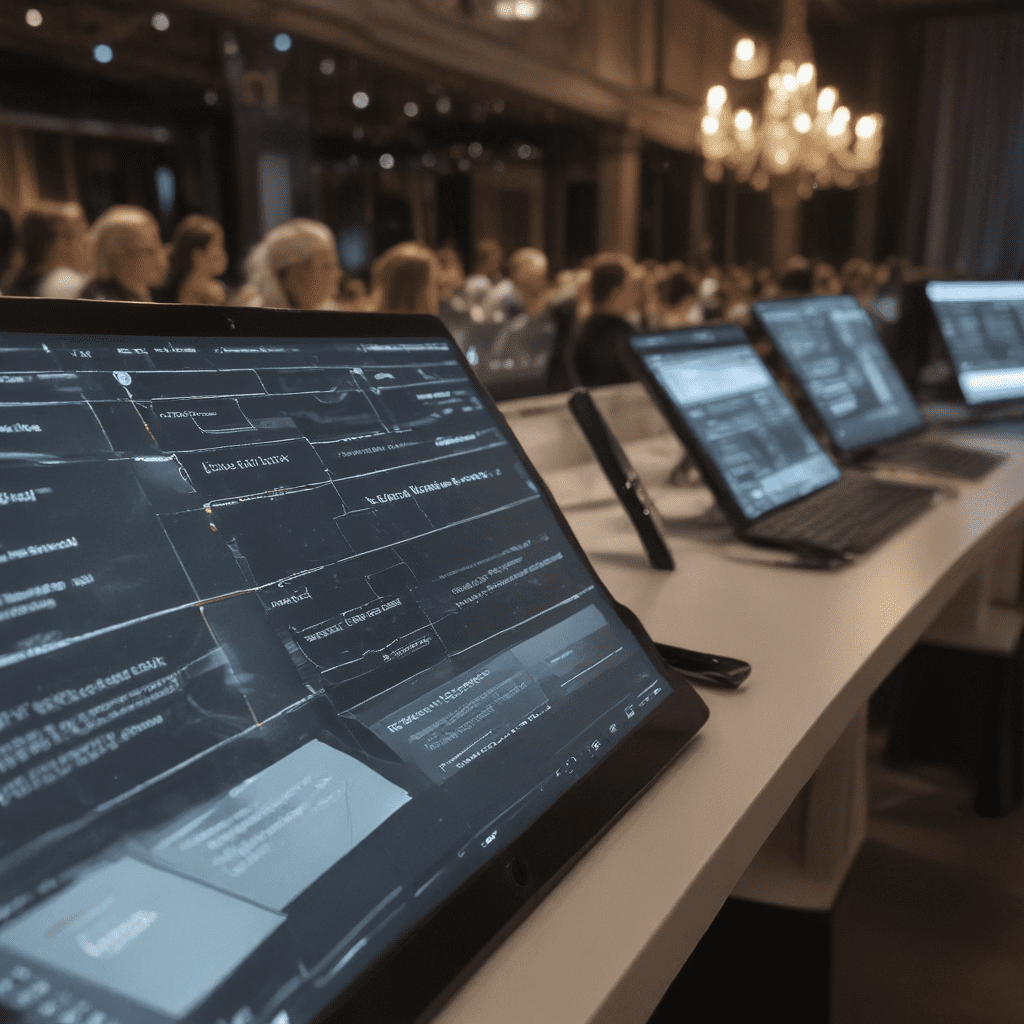The Impact of Cell Technology on Government Operations
In recent years, advancements in cell technology have rapidly transformed various sectors, including the government. As smartphones become increasingly prevalent and sophisticated, their impact on how governments operate and interact with their citizens cannot be overlooked. This article explores the influence of cell technology on government operations, covering key areas such as citizen engagement, service delivery, public safety, data management, policy-making, and the potential challenges that come with these developments.
1. Citizen Engagement: Bridging the Gap between Government and the People
Smartphones have created new avenues for citizen engagement, transforming the way governments communicate with their constituents. Mobile applications and social media platforms enable governments to disseminate vital information, gather feedback, and engage with citizens in real-time. Citizens can now conveniently access government services, pay bills, apply for documents, and seek information through mobile apps, saving time and effort.
Governments can also harness the power of social media to conduct sentiment analysis, monitor public opinion, and address pressing issues more effectively. By leveraging cell technology, governments can bridge the gap between themselves and the people they serve, fostering transparency, and strengthening democracy.
2. Service Delivery: Enhancing Efficiency and Accessibility
Cell technology has revolutionized service delivery in the government sector. Mobile apps and online platforms enable citizens to access a wide range of services from the comfort of their smartphones. From healthcare and education to tax filings and utility payments, citizens can now complete various transactions swiftly and securely.
By digitizing services, governments can streamline processes, reduce paperwork, and eliminate redundant steps, leading to cost savings and increased efficiency. Additionally, cell technology empowers governments to provide services to underserved populations, particularly in remote areas where conventional infrastructure might be lacking.
3. Public Safety: Enabling Swift Emergency Responses
The integration of cell technology with government systems has significantly improved public safety. Emergency response systems can leverage cell towers and GPS technology to accurately locate emergency calls and dispatch assistance promptly. By providing real-time updates and notifications, governments can ensure citizens’ safety during natural disasters, public health emergencies, or security threats.
Furthermore, smartphones equipped with advanced features such as facial recognition and biometrics help enhance security systems, enabling governments to prevent fraud and swiftly respond to criminal activities. Cell technology is, therefore, a critical tool for governments to ensure the well-being and security of their citizens.
4. Data Management: Facilitating Efficient Governance
Cell technology has transformed how governments collect, analyze, and utilize data to drive evidence-based policies and informed decision-making. Through mobile apps, citizen engagement platforms, and online surveys, governments can gather valuable data on demographics, public opinion, and service satisfaction, among other crucial metrics.
With improved data management systems, governments can process vast amounts of information faster and more accurately, enabling policymakers to identify trends, assess outcomes, and allocate resources efficiently. This data-driven approach enhances governance, enabling governments to address societal needs effectively.
5. Policy-making: Informed Decision-Making for the Future
Cell technology empowers governments to make informed decisions by providing access to real-time data and insights. The integration of artificial intelligence (AI) and big data analytics allows governments to analyze complex problems, identify emerging patterns, and forecast future trends, thereby supporting evidence-based policy-making.
By leveraging cell technology, governments can monitor social media, news feeds, and other online platforms to gauge public sentiment, assess the impact of policies, and identify potential issues that need attention. This proactive approach ensures that policies adapt to societal demands and remain relevant in the rapidly evolving digital landscape.
6. Challenges and Concerns: Protecting Privacy and Ensuring Equity
While the benefits of cell technology on government operations are vast, it is crucial to address potential challenges and concerns. Privacy and data security are paramount when handling vast amounts of personal information. Governments must ensure robust cybersecurity measures are in place to protect citizens’ data from unauthorized access or breaches.
Moreover, governments must strive for equity in the adoption of cell technology, ensuring that access to services and information is not limited to specific socio-economic groups. Bridging the digital divide and providing equal digital opportunities for all citizens is essential for inclusive governance in the digital age.
FAQ
Q: Can governments use cell technology to combat corruption?
A: Yes, cell technology can play a significant role in combating corruption. By digitizing processes and implementing transparent systems, governments can reduce the scope for corruption. Mobile apps and online platforms allow citizens to report corruption anonymously and provide evidence for investigations. Governments can also leverage cell technology to implement blockchain-based systems that promote transparency and accountability.
Q: How does cell technology impact the efficiency of government services?
A: Cell technology significantly enhances the efficiency of government services. By digitizing processes and enabling citizens to access services through mobile apps and online platforms, governments can streamline service delivery, reduce paperwork, eliminate redundancies, and respond to citizen needs more quickly. This results in cost savings, improved productivity, and enhanced citizen satisfaction.
Q: What measures should governments take to protect citizens’ privacy in the digital age?
A: To protect citizens’ privacy, governments must prioritize robust data protection laws and regulations. Implementing strong cybersecurity measures, ensuring secure storage and transfer of data, and adopting privacy-by-design principles during the development of mobile apps and online platforms are essential. Governments must also educate citizens about digital privacy best practices and provide them with options to control their personal information.
Q: How can governments ensure equal access to cell technology and digital services?
A: Governments can promote equal access to cell technology and digital services through various means. This includes investing in infrastructure development to enhance connectivity, providing subsidies or incentives for low-income individuals to access smartphones and data plans, and offering digital literacy programs to bridge the digital skills gap. Collaboration with private sector entities can also help ensure wider access to cell technology and digital services.
Q: Can cell technology help governments improve disaster management and response?
A: Yes, cell technology plays a crucial role in disaster management and response. Through emergency alert systems, real-time updates, and location tracking capabilities, governments can efficiently communicate with citizens during emergencies. Cell technology also enables citizens to report incidents, request assistance, and receive critical information, facilitating swift and targeted responses from government agencies.
Q: How can cell technology assist governments in reaching marginalized populations?
A: Cell technology provides governments with a powerful tool to reach marginalized populations. By leveraging mobile apps, governments can bring essential services, such as healthcare, education, and financial inclusion, to underserved communities. Governments can also utilize SMS campaigns and voice-based applications to share information in local languages, ensuring that language barriers do not hinder access to government services for marginalized populations.
In conclusion, cell technology has brought about significant transformations in government operations. From citizen engagement and service delivery to public safety and policy-making, the impact of cell technology is undeniable. However, it is crucial for governments to address challenges such as privacy concerns and digital equity to ensure inclusive and secure governance in the digital age. By embracing cell technology responsibly, governments can leverage its potential to create more transparent, efficient, and citizen-centric systems.


